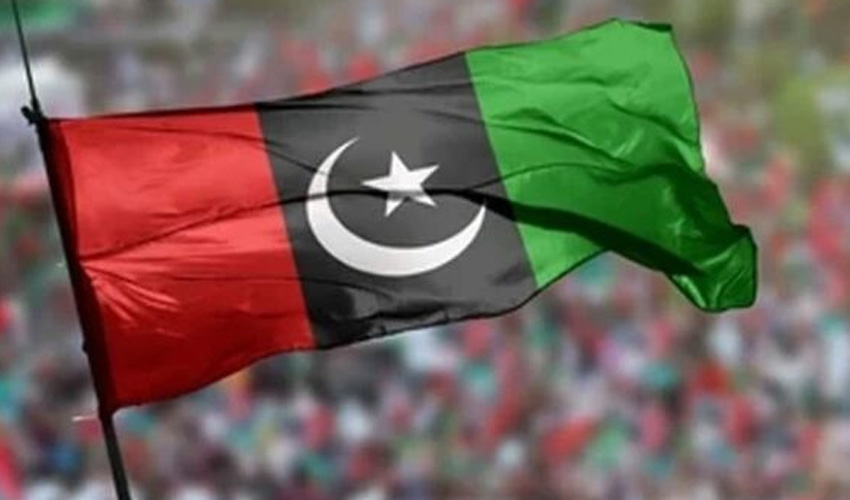Inflation has become a serious global problem that affects all countries. With a 27.4% inflation rate, Pakistan is struggling with rising costs, which has led to a closer look at how this number compares to other nations facing comparable economic difficulties.
According to data released by World of Statistics, Venezuela is in the forefront of the inflation problem, with a startling inflation rate of 398%. Syria and Lebanon are not far behind at 252% and 139%, respectively. These figures portray a somber picture of economic instability in these countries.
Turkey, one of the world’s rising economies, is now experiencing severe inflation, with a rate of 47.83%. Egypt is dealing with an inflation rate of 36.5%, while rates are between 11.3% and 24.08% in Nigeria, Hungary, Kazakhstan, and Ukraine. This demonstrates that inflation is a threat for emerging markets everywhere.
Even though Pakistan’s inflation rate is quite high, it’s important to put it into perspective by comparing it to other nations. For instance, Argentina has an inflation rate of 113%, which demonstrates how difficult it is to control price rises internationally.
India has an inflation rate of 7.44% in Asia, compared to Bangladesh’s 9.69%. These numbers show that, while to different degrees, inflation is having an impact on a number of the region’s nations.
Moving on to Europe, Hungary’s inflation rate of 17.6% shows that price increases may affect even countries with more stable economies.
A number of interrelated variables, such as supply chain disruptions, rising energy prices, and economic pressures brought on by pandemics, are the main causes of the rise in global inflation. Rising costs for necessary products and services are the outcome of a domino effect caused by these problems.
The rising rate of inflation in Pakistan presents serious problems for both residents and authorities. Consumers’ purchasing power is reduced, which lowers the cost of necessities and increases the number of individuals living in poverty. The government is under pressure from this problem to take action to control inflation and strengthen the economy.
Many different tactics are being used by governments and central banks worldwide to combat inflation. These consist of changing the interest rate, putting fiscal measures into place, and putting more of an emphasis on improving the infrastructure of the supply chain.
Even if it is troubling, Pakistan’s inflation rate is not a singular cause for concern. It illustrates a larger worldwide trend of rising costs that affects both established and emerging nations. International cooperation is needed to combat inflation so that the effects may be reduced and economic stability can be restored.



























